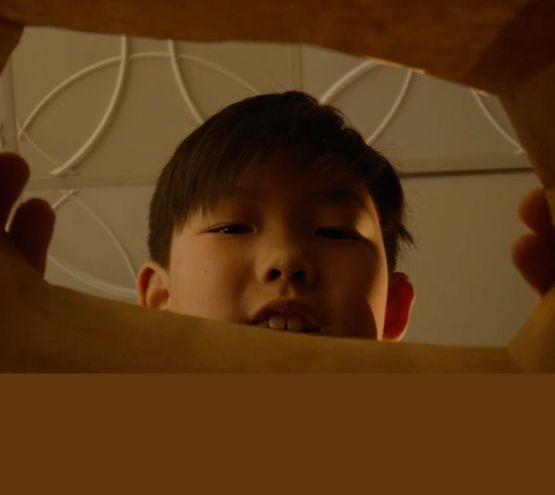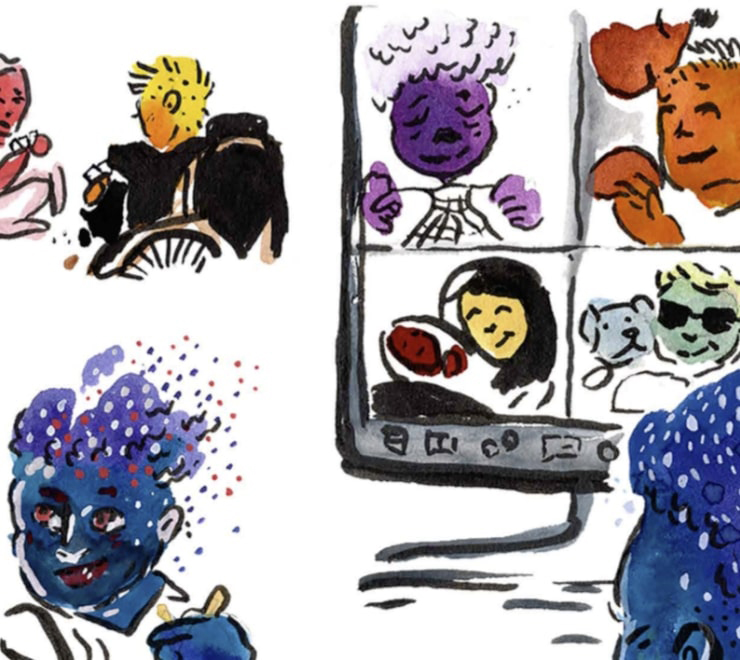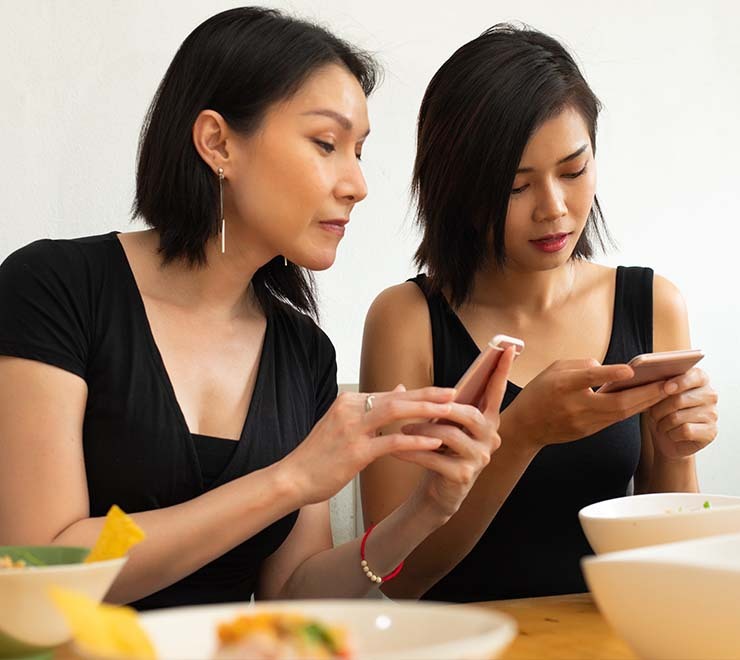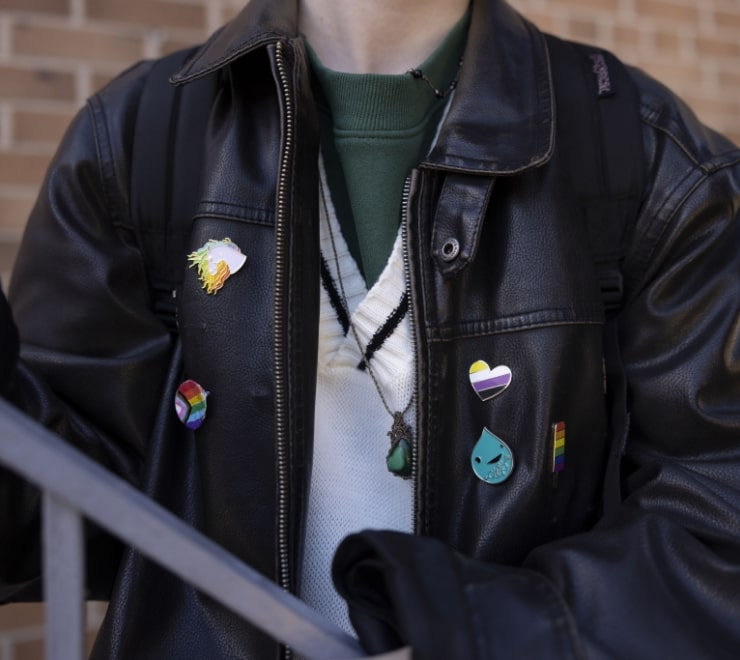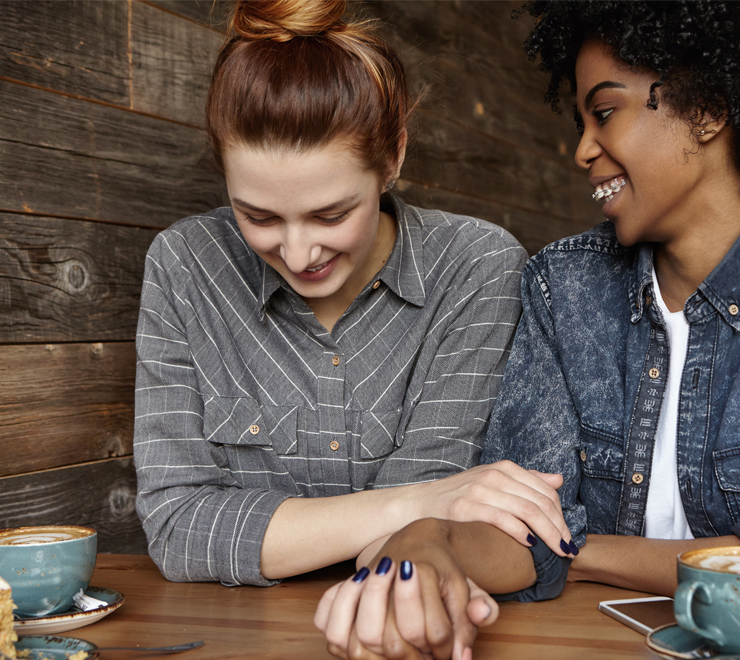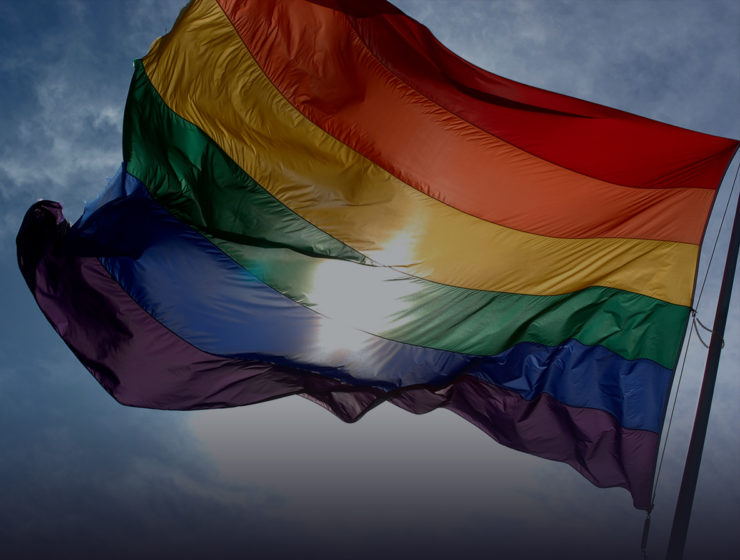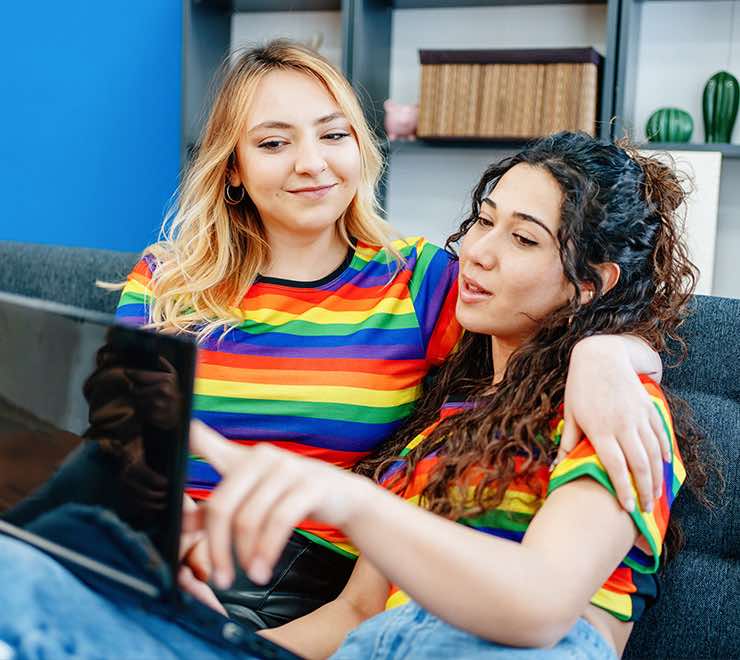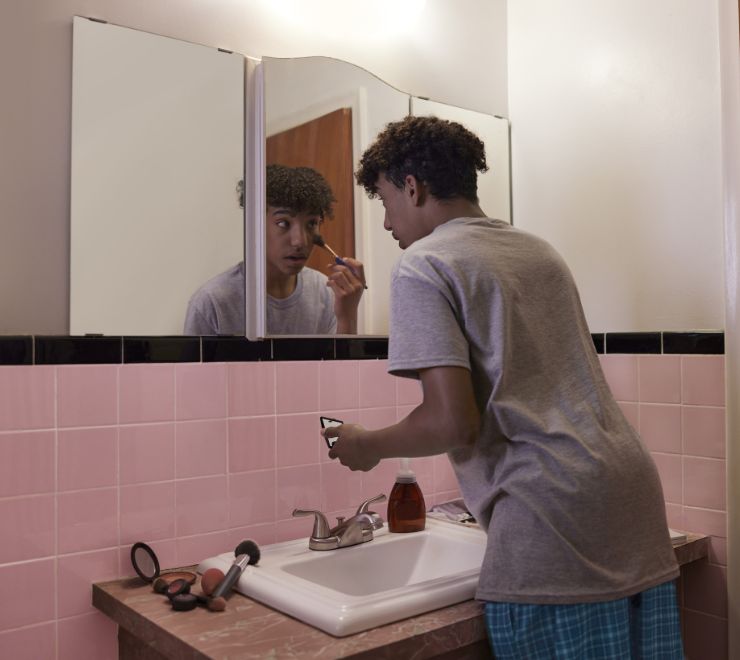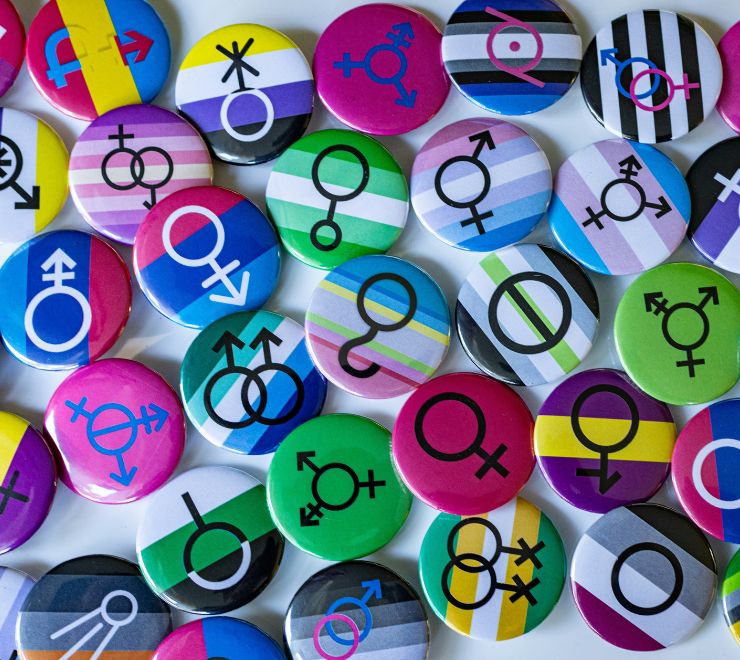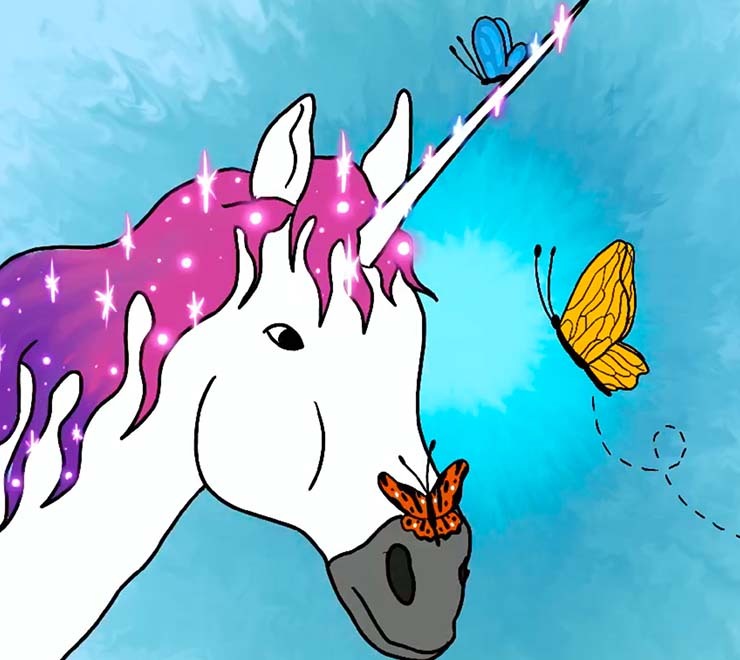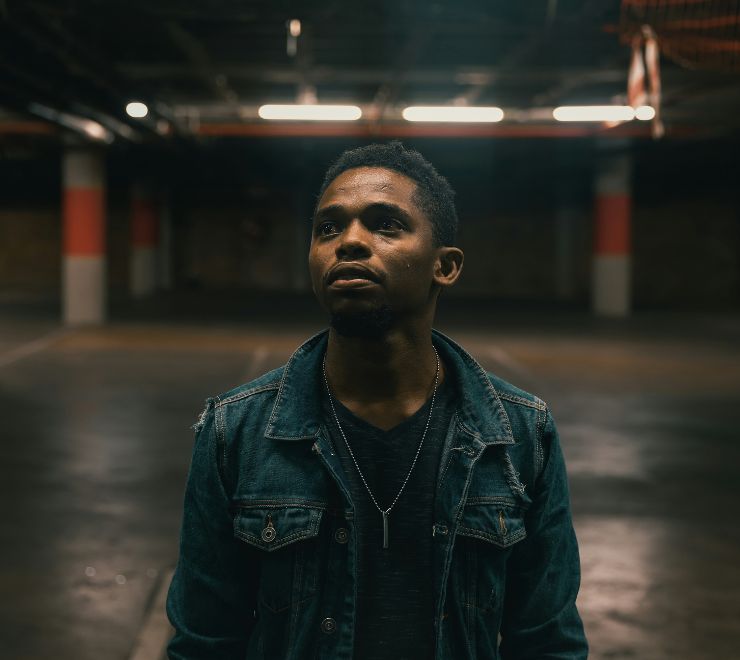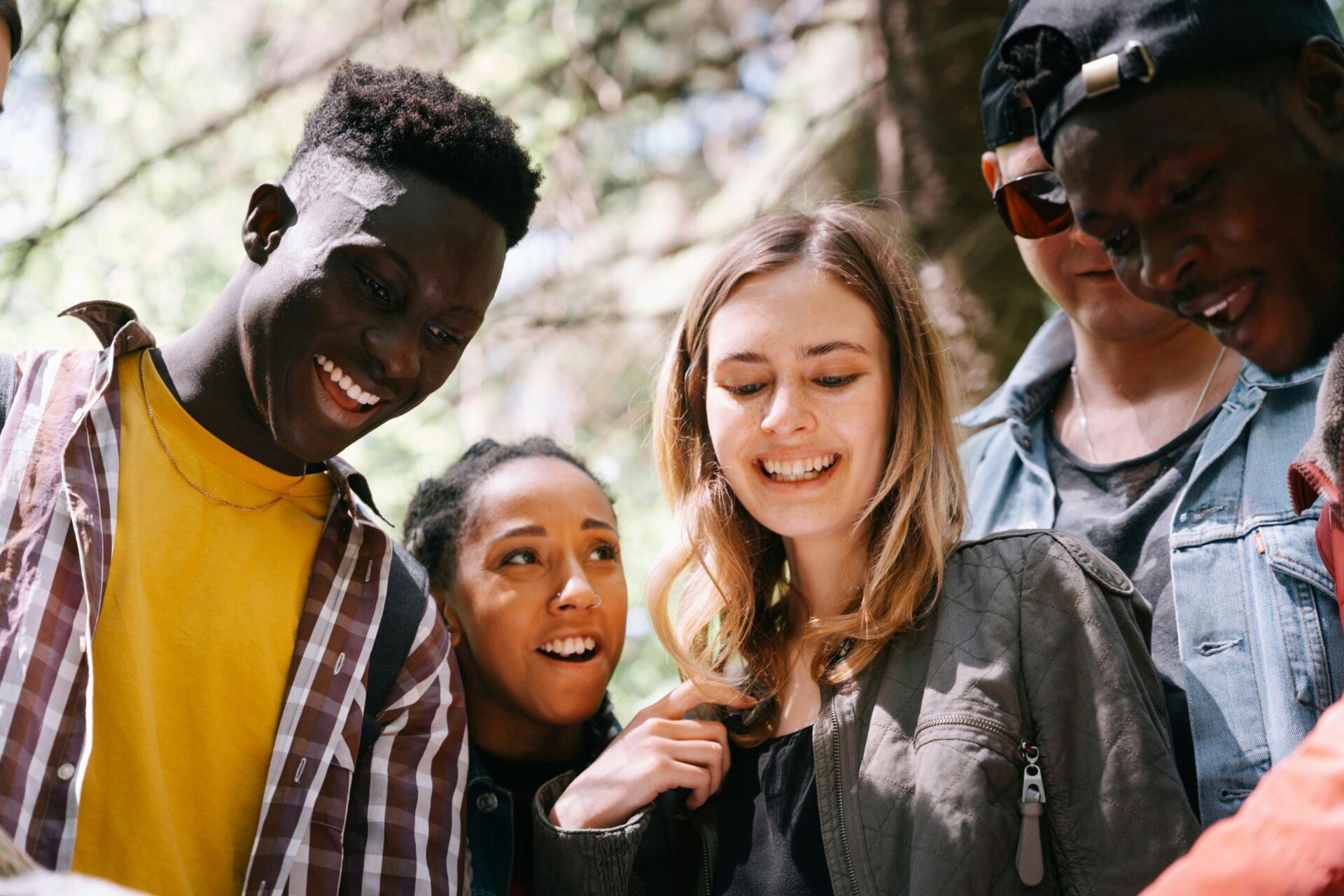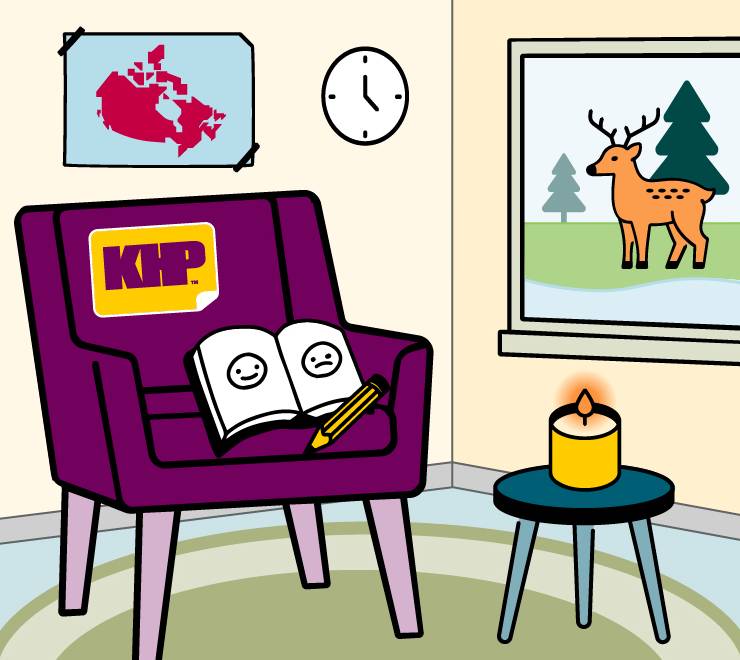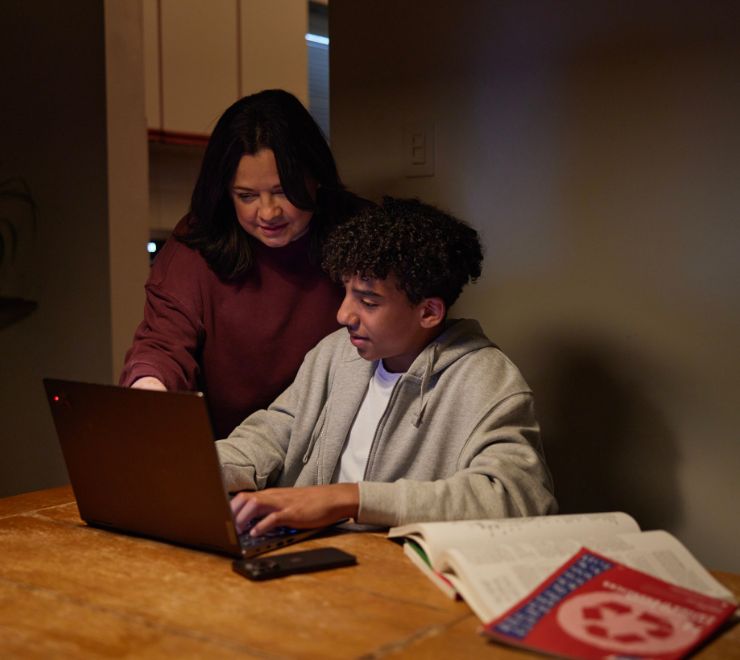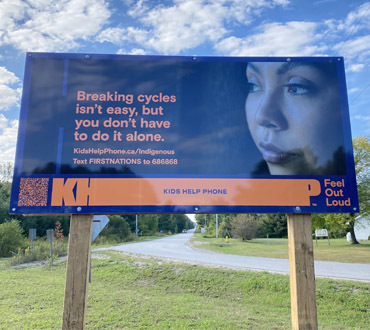Here, a Kids Help Phone counsellor answers questions about what young people can expect at their first Pride festival including coming out, dating, encountering discrimination and more.
Kids Help Phone knows the COVID-19 pandemic has affected lives and events across Canada, including Pride activities. It’s important to follow local health and safety guidelines during the pandemic. But that doesn’t mean we can’t find virtual ways to connect and support 2SLGBTQ+ youth and allies! You can visit your community’s website and/or reach out to someone involved with Pride for more information about Pride festivities nearest you. You can also check out other ways to acknowledge the 2SLGBTQ+ community during Pride when you can’t attend in person.
What’s the question you’re asked the most by young people about attending their first Pride festival?
“The most common question I’m asked is, ‘What if I’m not out to everyone and someone sees me?’
One of the first things I ask is what it might mean to them if someone in their life who doesn’t already know found out.
A really good way for young people to answer this is by asking themselves:
- Is this a good time to come out?
- Would I tell the person I’m a member of the 2SLGBTQ+ community if I wasn’t attending Pride?
- Why haven’t I told that person yet?
- How will that person react?”
Have you had a young person ask you what to do if they’re not out yet, but they want to attend Pride?
“Yes. I’ve found that if someone hasn’t come out yet, there are often underlying motivations — they may not feel they’re ready or they may be afraid of the reactions from others.
Young people don’t need to be told ‘yes’ or ‘no’ to attending Pride — more often than not, as they talk it out, they find the answer that feels right from within themselves.
One idea a young person can try is taking some time to talk to a safe friend or family member. They can also reach out to Kids Help Phone’s professional counsellors and volunteer crisis responders — it’s about finding someone who is supportive and who they can really open up to.”
Are there any specific challenges young people talk about when it comes to Pride and dating?
“When it comes to dating, all young people face ups and downs. Some of the challenges that might be unique around Pride, are:
- If you haven’t come out and your partner(s) has, what are your next steps in terms of being seen publicly at Pride? Would you be OK if people you knew saw you?
- If you have come out and your partner(s) hasn’t, what are your next steps in terms of being affectionate in public?
Because each person and each relationship is so different, there is no one answer to these questions — it’s very important that young people and their partners have an open and honest dialogue and really try to understand each other’s feelings as best they can.”
What should a young person do if they encounter discrimination at Pride?
“No person attending a Pride event should have to face discrimination. If you encounter harassment:
- approach a safe adult and let them know you’re being harassed. There will be other people around you who will be able to support you.
- ignore and move away from the person(s) who are harassing you, if you can.”
What should a young person do if their family doesn’t accept their identity, but they still want to attend Pride?
“What a young person should do is highly dependent on their circumstances. It’s important to consider how you might approach a conversation with your family, how supportive your family members are and the timing. If you have questions — or would like more information — about how to navigate family conversations and Pride, you can contact a Kids Help Phone counsellor at 1-800-668-6868.”
How can a young person react to someone showing them interest at Pride?
“Consent is the most important thing. Young people should ask themselves, ‘Do I want to do this?’ Consent is critical, and it’s OK to answer, ‘No.’
Even if you’re feeling good about the situation, and give your consent, you should know you can still say ‘no’ at any time or to any activity. Saying ‘yes’ once doesn’t mean you’ve said ‘yes’ forever.”
Is there anything else you would tell a young person who is attending their first Pride?
“Attending your first Pride festival is about just that — having pride! It’s about being proud of who you are, and your identity. But remember — do it on your terms!”
Attending Pride is about being proud of yourself, celebrating the 2SLGBTQ+ community and having fun. It’s important for young people to feel safe — both physically and emotionally — if they’re going to their first Pride festival.

